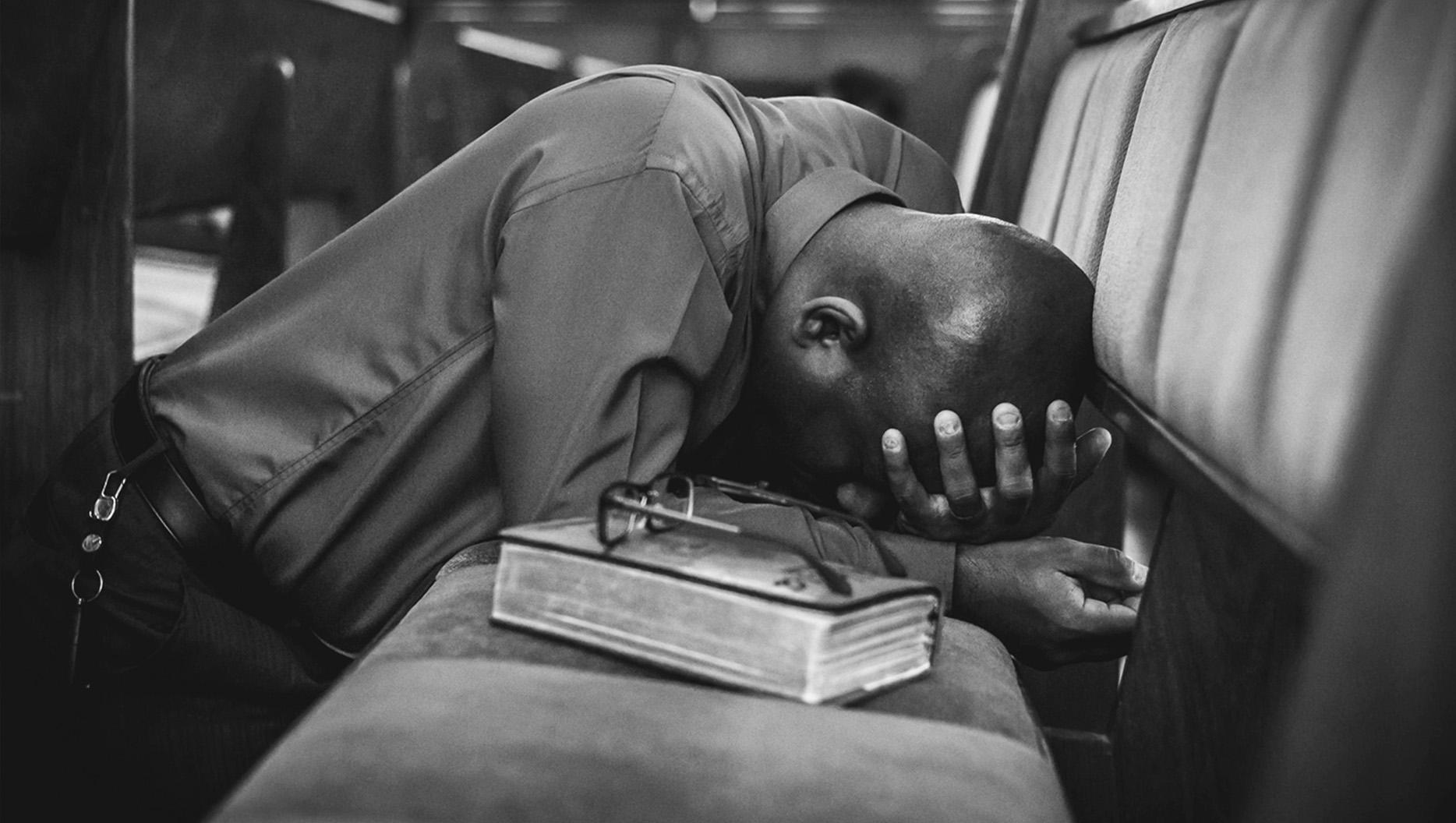God speaks to us in Scripture. He also speaks out. He proclaims. He speaks about what is good and what is evil. Then we imitate him—carefully, humbly. We speak with him and others, and then we speak out.
In our ministry of pastoral care and counsel, we have witnessed how important it is to speak out. We talk with men, women and children who have been victimized. If we are moved by what victims say and yet say nothing, we only intensify their pain. Our silence will seem to call their abuse into question. We must say something.
Our hearts break over the oppressive acts that took place in Minneapolis. They break over George Floyd’s death, the great loss to those who loved him, and how what happened is so familiar to African American men and women. Many African American men I know can quickly identify similar, yet less lethal, encounters with police. Too many of their children are afraid when their fathers leave the house. Too many parents need to have “the talk” with their children about what they should do when they encounter police.
We are left with a question: What can we do? Indeed, we are called to “maintain the rights of the poor and oppressed” (Ps 82:3). But what does that mean for those of us who rarely see such oppression with our own eyes, and live at a distance from it?
1. Get lower. We can be prideful and arrogant people who are slow to listen and quick to judge. We have a tendency to distance ourselves from anyone who is different. When we have authority and power, we often use it to showcase our rightness as we blame others for whatever has gone wrong. We lift ourselves up and press them down. Most parents will corroborate this feature of our humanity as they have seen it in themselves. In contrast, one of the prized titles in Scripture is “servant of God” (e.g., James 1:1). As those served by Jesus, who continue to get our feet washed by him every day, we aim to get lower, where we should have been all along, to serve the poor and the oppressed. We confess our sins, and we listen.
2. Listen. Bryan Stevenson, in his book, Just Mercy, is patient with those of us unfamiliar with the experience of most African Americans. He first invites us to be “proximate”—to get closer to stories of injustice, especially racial injustice. One way to get closer is to read stories. If you haven’t read Just Mercy or seen the movie,1 you could start there. Other books include The Sun Does Shine, The Warmth of Other Suns, and Evicted. We could also listen to local leaders and pastors. In Philadelphia, for example, we have Eric Mason and other African American pastors whose voices are certainly worth hearing.
3. See justice and mercy in Scripture. We tend to see some things in Scripture and miss others. Once you look for God’s heart for the oppressed and his commitment to justice, you find it everywhere. Look for God’s heart for foreigners, widows, orphans, the poor, and others who are unheard.
But the LORD sits enthroned forever; he has established his throne for justice, and he judges the world with righteousness; he judges the peoples with uprightness. The LORD is a stronghold for the oppressed (Ps 9:7–9, cf. Ps 72:1–4).
Notice how Isaiah begins, “Learn to do right! Seek justice, encourage the oppressed” (1:7). The book then culminates in the mission of Jesus. “The Lord has anointed me to preach good news to the poor. He has sent me to bind up the brokenhearted . . .” (61:1–3). In him, the eternal throne of David is established and justice is assured. The entire world will have its day in court, and the peace of Christ will fully reign. Meanwhile, as God’s royal children, we say something as we “do justice” (Micah 6:8) with those who are losing hope.
4. Remember. When people are lodged in our hearts, we remember them. Think of a time when someone checked in with you long after you spoke of a particular grief. That is love. So we hold victims of injustice in our hearts, and we keep holding them. This kind of love will be seen in prayer, conversations, grief, and creative ways to do something, while we invite the world to meet the King who rules with gentleness and judges with righteousness.
Kyrie eleison . . . Lord have mercy.
•
- The movie is free for the month of June on various streaming services. ↩︎




